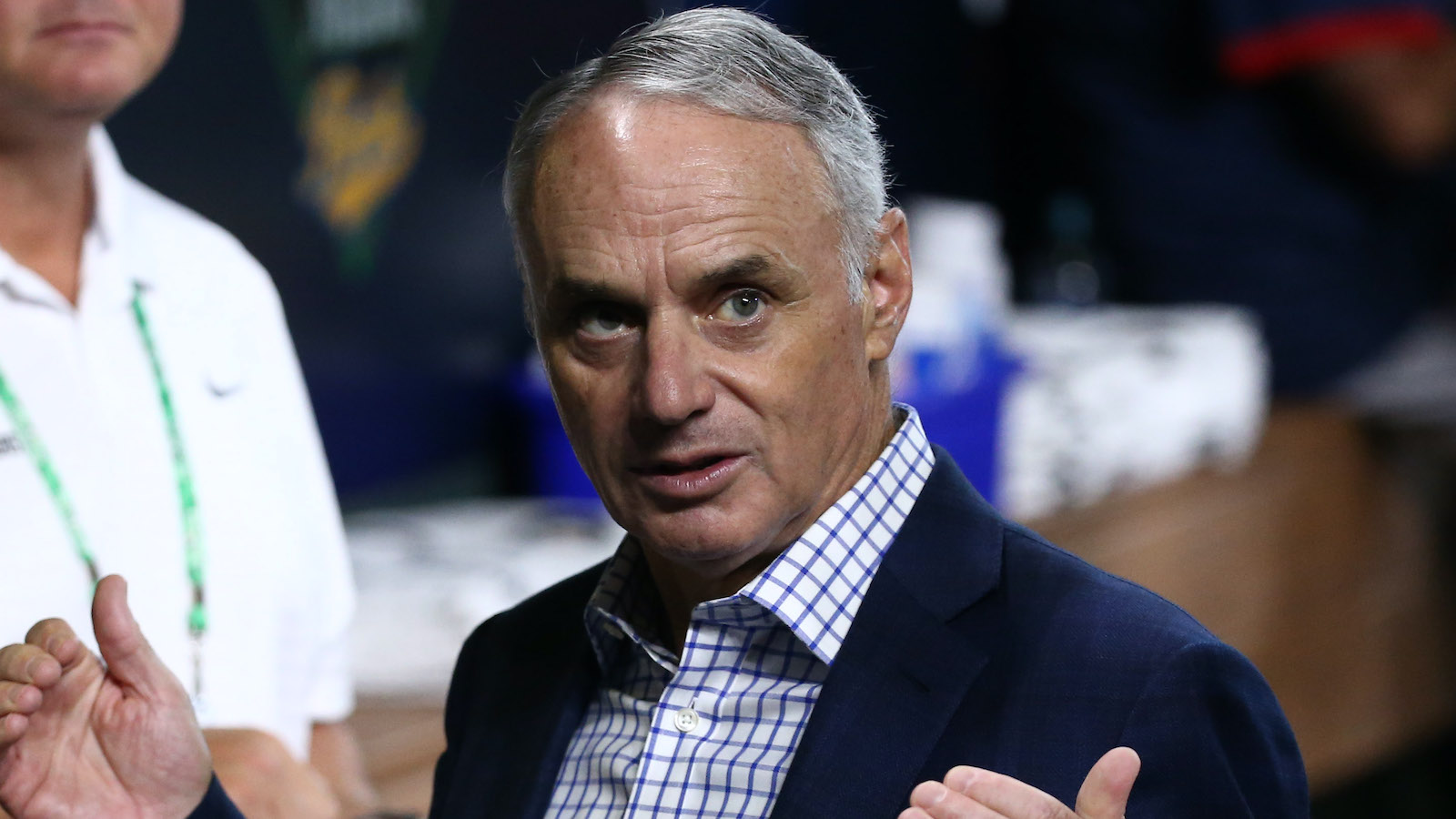Major League Baseball is considering a radical rule change that would have significant impacts throughout the sport.
As part of an effort to ensure that starting pitchers work deeper into games, the league is considering a rule that would require starters to go at least six innings in their starts, according to Jesse Rogers of ESPN. The rule would likely come with a number of exceptions to account for certain circumstances during games.
Among potential exceptions: starters would be allowed to be pulled early if they reached 100 pitches, allowed four or more earned runs, or suffered an injury. An IL stint would be required on the latter instance to ensure nobody games the system.
The changes would essentially eliminate the practice of using an “opener.” It would also force managers and organizations to completely reassess their strategies, both in terms of how they use their starters and how they develop pitching at an organization level.
Rogers spoke to a number of people within the game that felt the proposal would be a mixed bag. Diamondbacks GM Mike Hazen suggested pitchers would likely need to prioritize “command over stuff,” but that it would be “tough” to back off velocity given its increased importance in the sport.
On the other hand, the move might be popular among long-time starters, many of whom see going six innings at minimum as part of their basic job description. Hall of Famers like Randy Johnson threw 200 innings a season with regularity, and they want to see today’s top young pitchers get the chance to do the same.
The importance of the starting pitcher has been in decline for several years as teams look for new strategies to get through games. Bringing it back is an admirable goal, though it is anyone’s guess whether this specific rule change would work or not.














